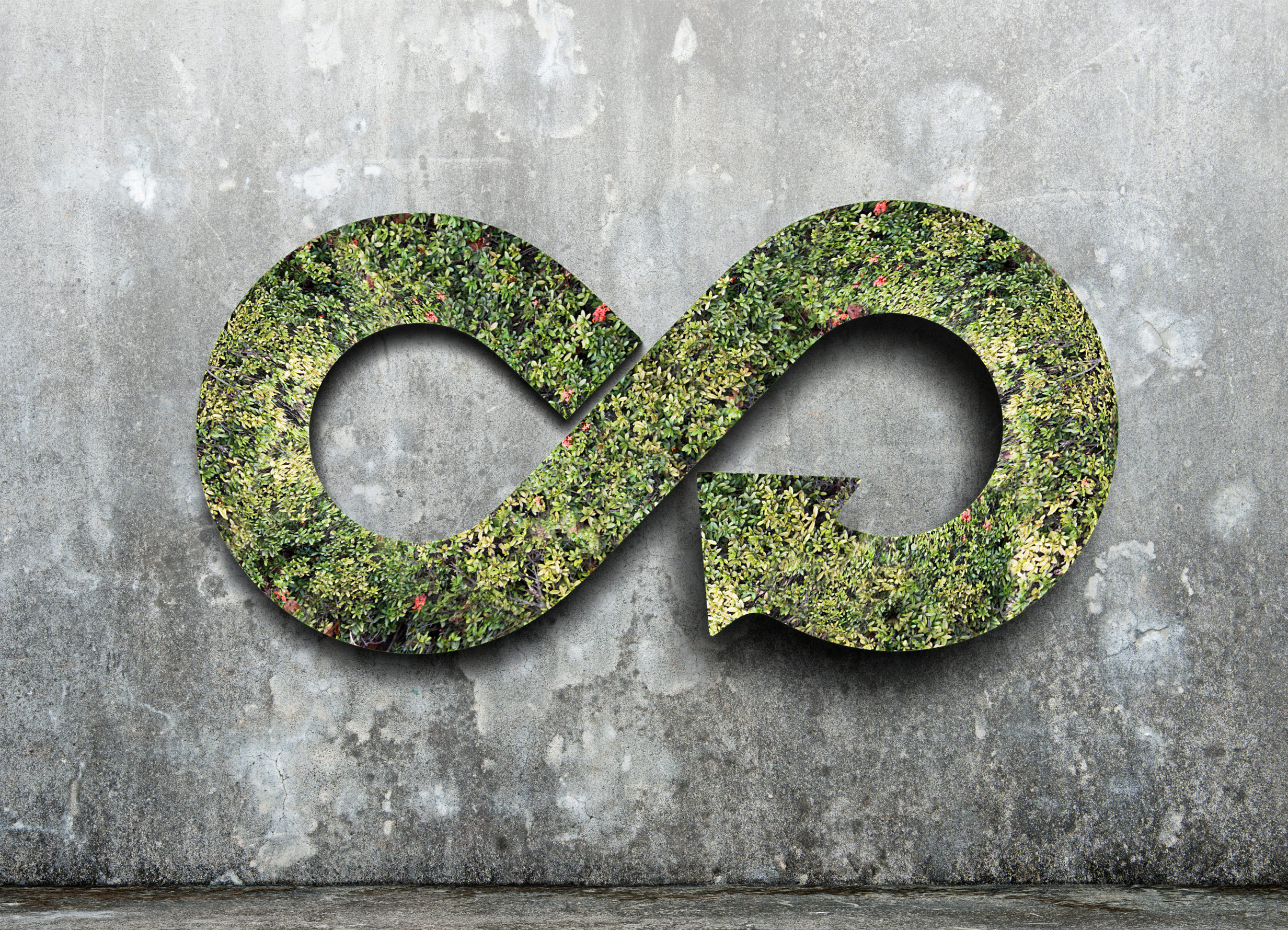Innovate UK, part of UK Research and Innovation, will invest up to £4 million in innovation projects as part of the CLIMATES programme. Your project must be focused on circular critical materials supply chains.
The aim of this competition is to stimulate growth in a circular critical materials supply chain for rare earth elements (REEs), or alternative materials. Your collaborative innovation project will address opportunities across the whole value chain and help increase supply chain resilience. Rare earth elements (REEs) are seventeen chemical elements in the periodic table, the fifteen Lanthanides (elements 57-71 inclusive) plus Scandium and Yttrium.
This competition is split into 2 strands:
- Strand 1 is for early-stage feasibility studies (costing up to £250k). These projects will facilitate the adoption of new innovations in processes, technologies or services by industry, to grow a more resilient UK supply chain for REEs.
- Strand 2 is for mid and late-stage research and development (R&D) projects (costing up to £700k). These projects will accelerate the industrialisation and commercialisation of innovative processes, technologies and services, to grow a more resilient UK supply chain for REEs.
It is your responsibility to ensure you submit your application to the correct strand for your project. You will not be able to transfer your application and it will not be sent for assessment if it is out of scope.
To keep in touch with updates on the CLIMATES programme, sign-up to our mailing list here.
-
To lead a project in either strand, your organisation must:
- be a UK registered business of any size
- collaborate with other UK registered organisations
To collaborate with the lead, your organisation must be one of the following UK registered:
- business of any size
- academic institution
- charity
- not for profit
- public sector organisation
- research and technology organisation (RTO)
A business can only lead on a maximum of two applications across both strands of the competition and can be included as a collaborator in two further applications. Successful applicants will be asked to confirm they have the capacity to run multiple projects simultaneously.
If a business or organisation is not leading any application, it can collaborate in any number of applications.
-
Your project must:
- have a grant funding request up to £250,000 for feasibility studies (strand 1) or up to £700,000 for mid-late stage R&D (strand 2)
- last between 3 months and 12 months (both strands)
- carry out all of its project work in the UK
- intend to exploit the results from or in the UK
- start by 1 August 2024
- end by 31 July 2025
-
The aim of this competition is to stimulate growth in a circular critical materials supply chain for rare earth elements (REEs), or alternative materials. Your collaborative innovation project will address opportunities across the whole value chain and help increase supply chain resilience.
Rare earth elements (REEs) are defined as the group of seventeen chemical elements in the periodic table, the fifteen Lanthanides plus Scandium and Yttrium. Your project must be focused on REEs, or new and alternative materials that substitute or reduce the use of REEs.
Your project can cover one, or more of the following areas:
Upstream processing
- development of sustainable mining processes including beneficiation
- development of novel, sustainable primary processing routes to rare earth oxides
- increased efficiency or productivity improvements for primary processing to rare earth oxides
- processes to address management of radioactive by-products
Midstream and downstream processing
- development of novel, sustainable manufacturing routes to rare earth alloys and magnets
- sustainable routes integrating materials from primary and secondary processes
- increased performance of high-performance magnets
- increased efficiency or productivity improvements for downstream REEs product manufacturing, for example, reduction in scrap production
Circularity
- development of processes and services for the collection, identification, separation or dismantling of rare earth containing final end of life products
- novel and sustainable routes for processing recovered REEs
- design for recycling of products containing REEs
- solutions that enable materials provenance
- sustainability models including Life Cycle Assessment (LCA), embedded carbon, radioactivity, environmental social and governance (ESG) solutions
Alternative Materials
- development of novel materials for high performance magnets
- substitution of materials for high performance magnets
We are not funding projects:
- that do not focus on the materials supply chain, either primary or secondary
- that are not focused on REE or a materials substitution
- that are designing new magnet-free electric machines
- that are developing existing non-magnet products
- that are addressing extending the life of REE containing products
-
Click here to watch the online briefing.
Innovate UK KTN will hold an in-person networking event in London on Tuesday 23 January 2024: click here to register for a place.
If you would like help to find a project partner, contact Innovate UK KTN’s Materials team.


